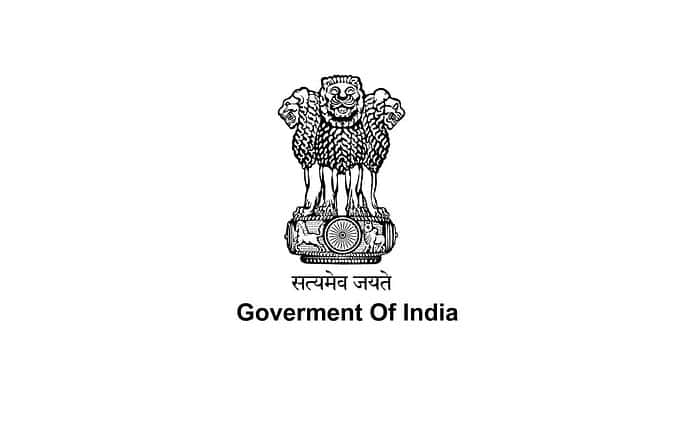Last Updated on October 9, 2024 by The Health Master
Essential Drugs
In a move to ensure access to critical medications, the Indian government has streamlined the procurement process for 120 essential drugs.
This initiative bypasses the standard requirement for local suppliers and allows for global tenders through a process known as Global Tender Enquiry (GTE).
This article explores the reasoning behind this decision, the drugs included, and its potential impact on public health.
Exemption for Essential Drugs:
Following a request from the Ministry of Health and Family Welfare (MoHFW), the Department of Expenditure (DoE) has granted an exemption from a rule within the General Financial Rules (GFRs), 2017.
This rule typically restricts GTEs for procurements below Rs. 200 crore. The exemption applies until March 31, 2027.
This exemption allows the government to directly access a wider pool of potential suppliers through GTEs, potentially leading to:
- Competitive Pricing: Increased competition from international suppliers could drive down costs for these essential drugs.
- Improved Availability: This initiative aims to address potential shortages of specific medications by expanding procurement options beyond local suppliers.
- Access to Latest Advancements: Global tenders might provide access to newer and more advanced formulations unavailable from domestic manufacturers.
List of Included Drugs:
The specific drugs included in this exemption are listed in Annexure-A of the DoE order. Some notable examples include:
- Trulicity (diabetes medication) by Eli Lilly
- Evrysdi (treatment for rare genetic disorder) by Roche
- Fasenra (severe asthma medication) by AstraZeneca
- Shingrix (shingles vaccine) by GlaxoSmithKline
- Simponi (rheumatoid arthritis treatment) by Johnson & Johnson
- Ryzodeg (diabetes medication) by Novo Nordisk
Balancing Local Production with Public Health Needs:
The MoHFW has a history of seeking exemptions for specific drugs and medical devices when local alternatives are unavailable or insufficient.
This ensures uninterrupted access to critical medical supplies for the public.
However, the government remains committed to promoting domestic manufacturing.
The Department of Pharmaceuticals (DoP) actively identifies local manufacturers for various drugs and medical devices.
This allows central government agencies, like the Ministry of Railways and ESIC, to prioritize domestically produced options whenever feasible, adhering to the stipulations of GFRs.
Disclaimer: This article contains information derived from the source mentioned below. Our team utilized an AI language model to rewrite and present the news or article in a unique format.
USFDA issues Form 483 with 5 observations to Torrent Pharma
Gujarat FDCA: Pilot Project to Curb Antimicrobial Resistance launched
USFDA approval granted for this Heartburn Capsules
NPPA seeks data to fix ceiling prices of 138 drugs
9th Global Pharmaceutical Quality Summit to be hosted by IPA
India emerges as a Global Nutraceutical Powerhouse
FSSAI: Food Labelling and Display – Chapter-7
NPPA to recalculate ceiling price of Malaria Drug
For informative videos by The Health Master, click on the below YouTube icon:
For informative videos on Medical Store / Pharmacy, click on the below YouTube icon:
For informative videos on the news regarding Pharma / Medical Devices / Cosmetics / Homoeopathy etc., click on the below YouTube icon:
For informative videos on consumer awareness, click on the below YouTube icon:









